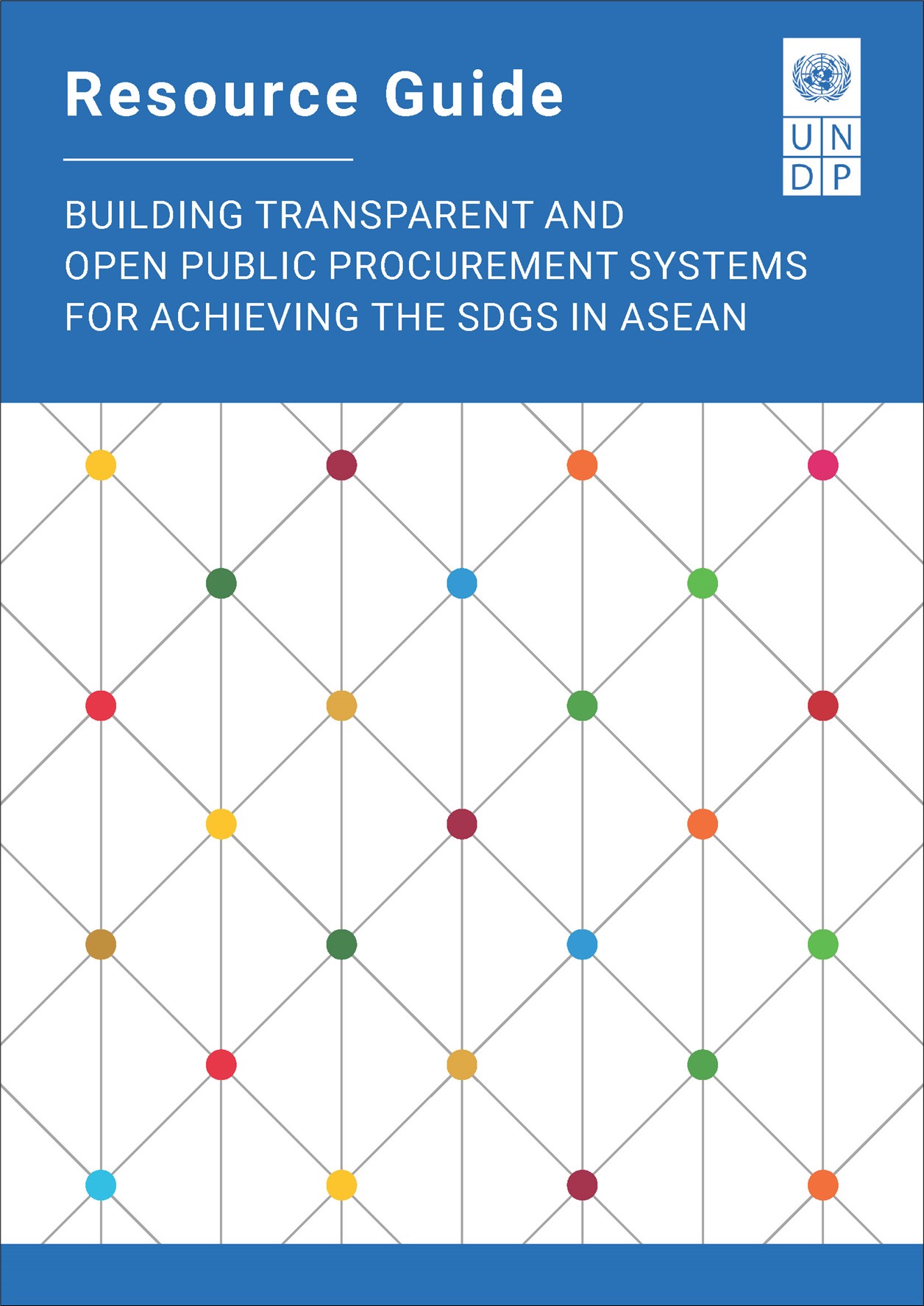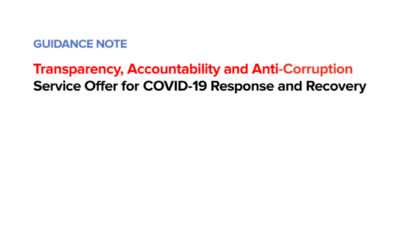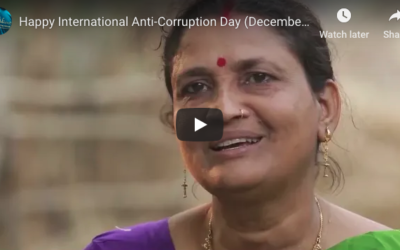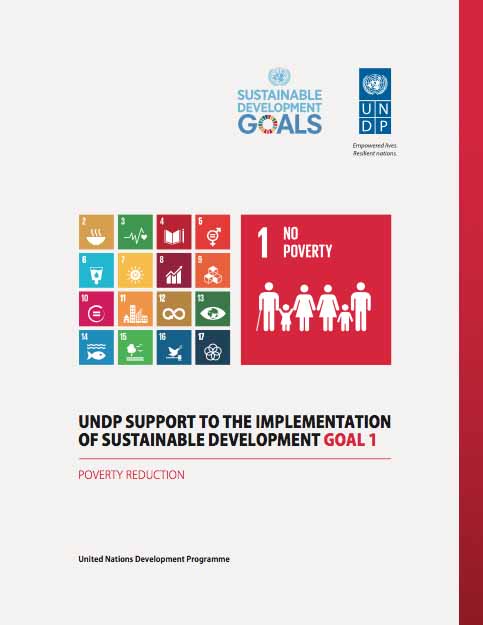
View the publication here
Corruption poses a significant threat to economies around the world. It weakens institutions, erodes public trust, undermines fair competition, and discourages investment. According to the United Nations Office on Drugs and Crime (UNODC), approximately 10 to 25 percent of all funds spent globally on procurement are lost to corruption. As a result, poor infrastructure development and insufficient service delivery to taxpayers and citizens prevail. The COVID-19 health crisis has further exposed the vulnerability of procurement systems to corrupt practices when they are not equipped with the necessary tools to ensure transparency, accountability, and integrity throughout the procurement cycle.
Open and transparent public procurement systems are a strategic tool, not only in preventing corruption but also for achieving the Sustainable Development Goals (SDGs), as they are a prerequisite of delivering medical goods, water services, quality education infrastructure, access to justice and sustainable infrastructure.
The resource guide builds on the UNDP guidebook, Tackling Integrity Risks in Government Contracts (2017), which provides a methodology for governments to assess normative gaps and loopholes that can lead to corruption in government contracts. Through this guide, UNDP promotes the adoption of a collective action - a multi-stakeholder approach where governments, citizen, and the private sector work together to strengthen transparency and openness in public procurement systems. It maps out existing tools and good practices in the region and beyond, which have been successful in achieving this objective. It also lays out some entry points for policy dialogue on this topic and reforms at the national and subnational levels.
Learn more about FairBiz - Promoting a Fair Business Environment in ASEAN



